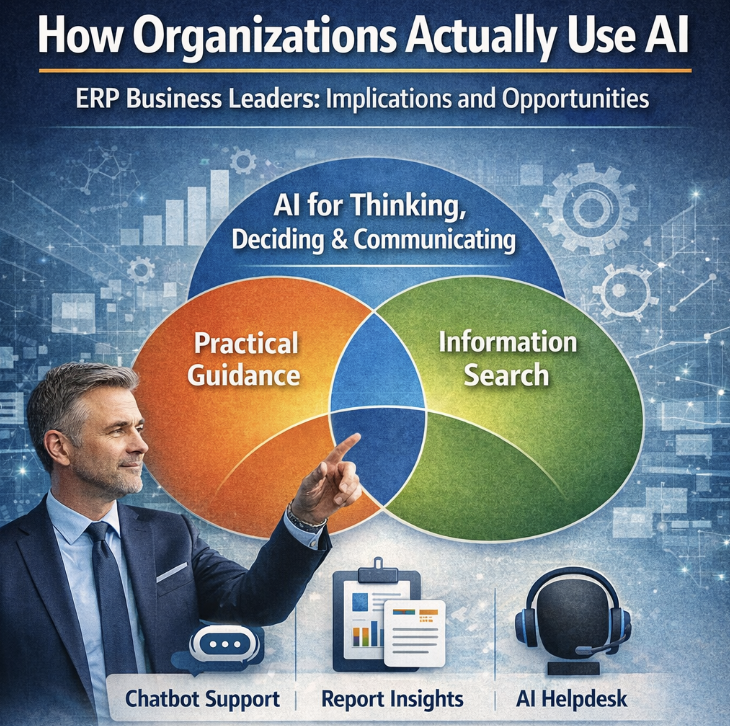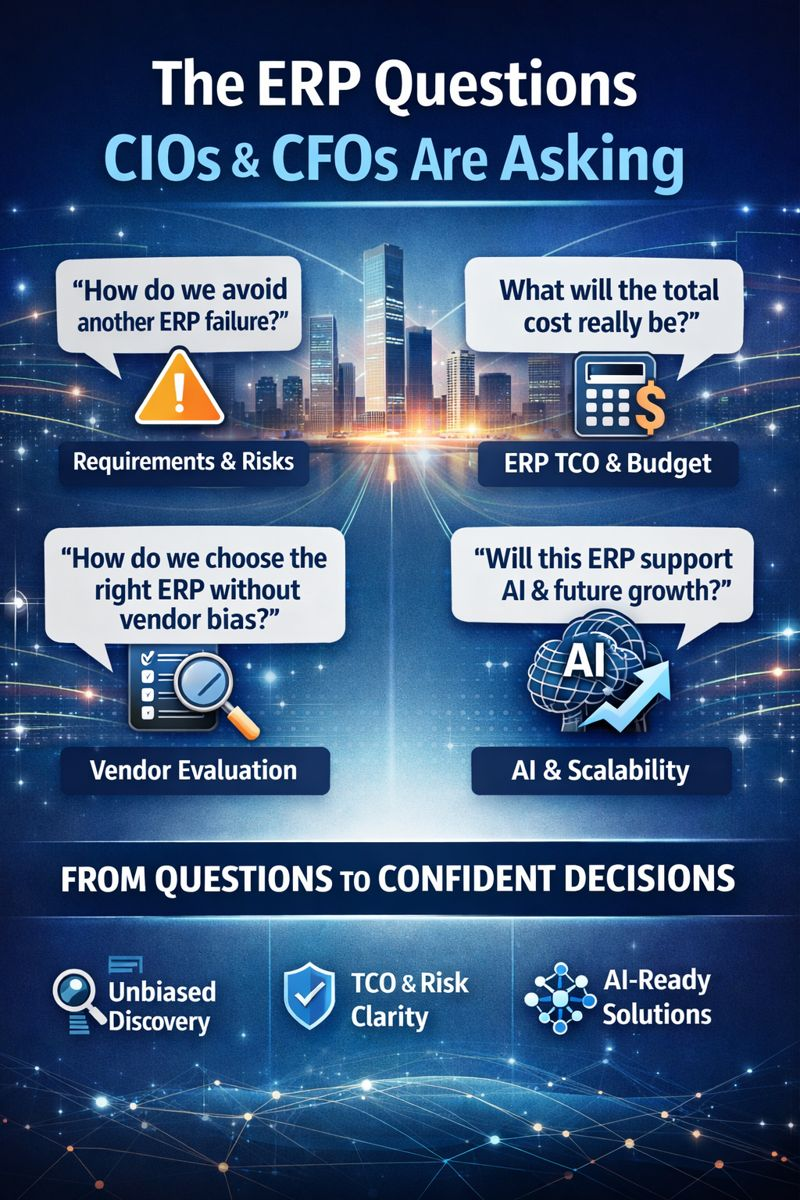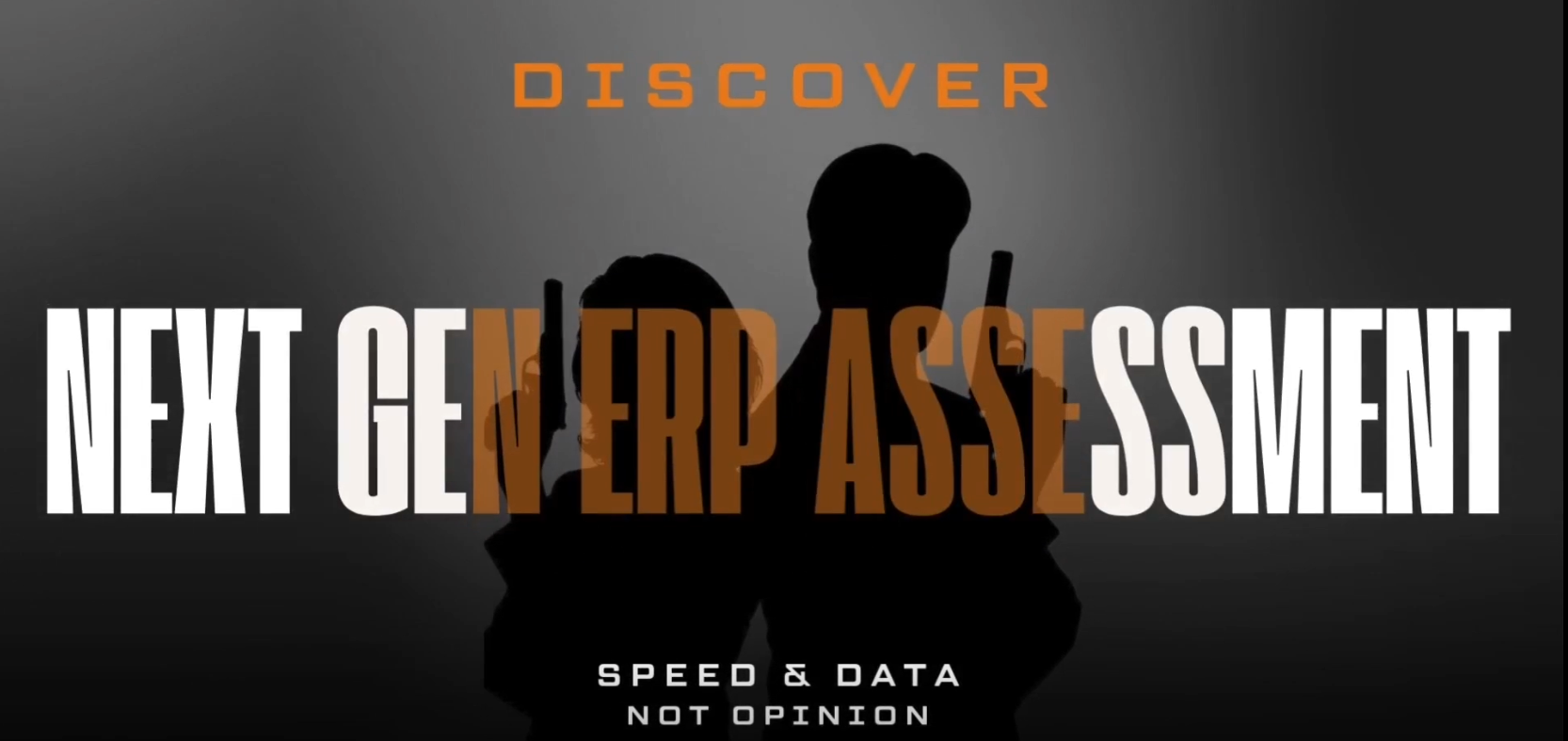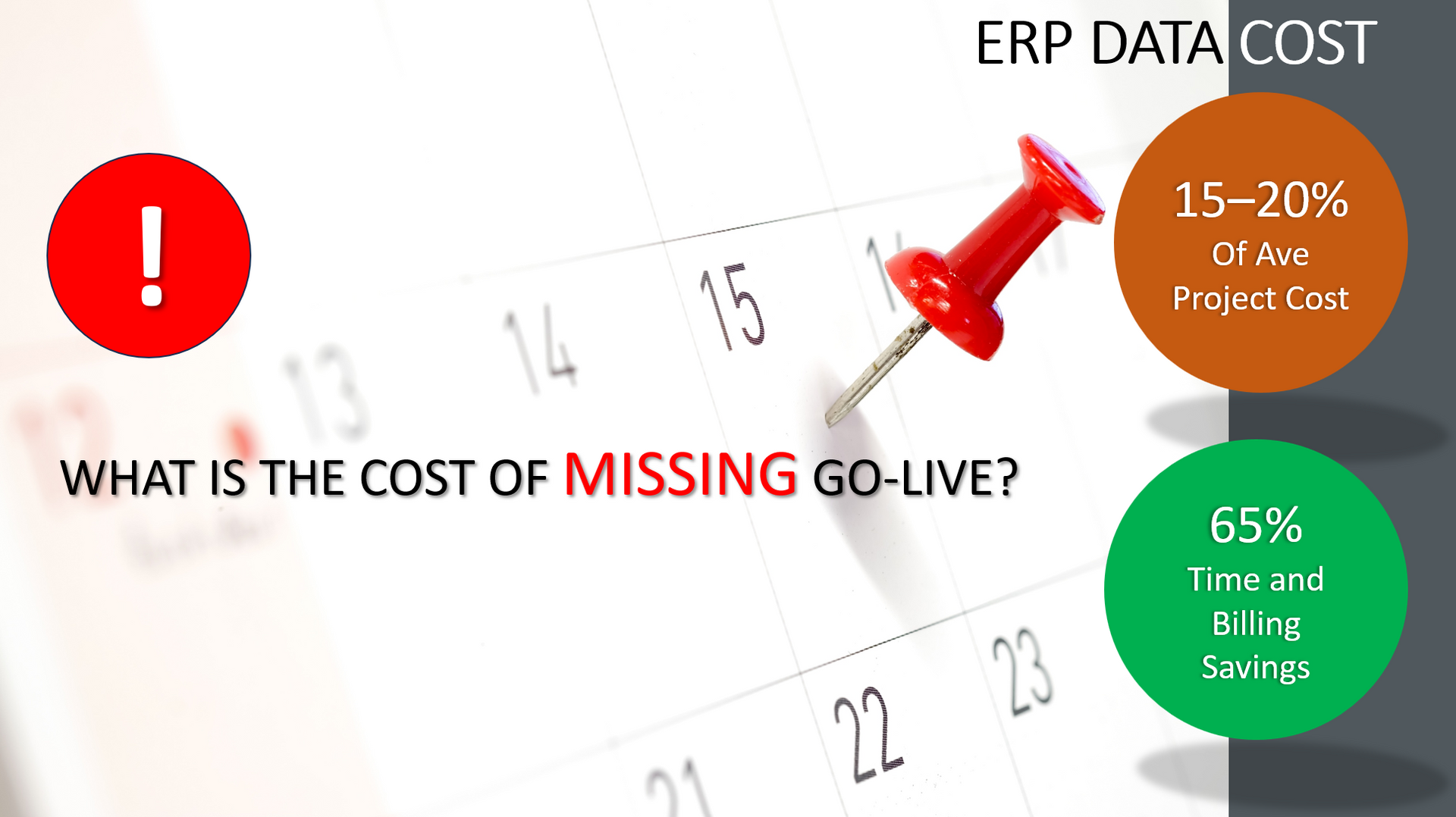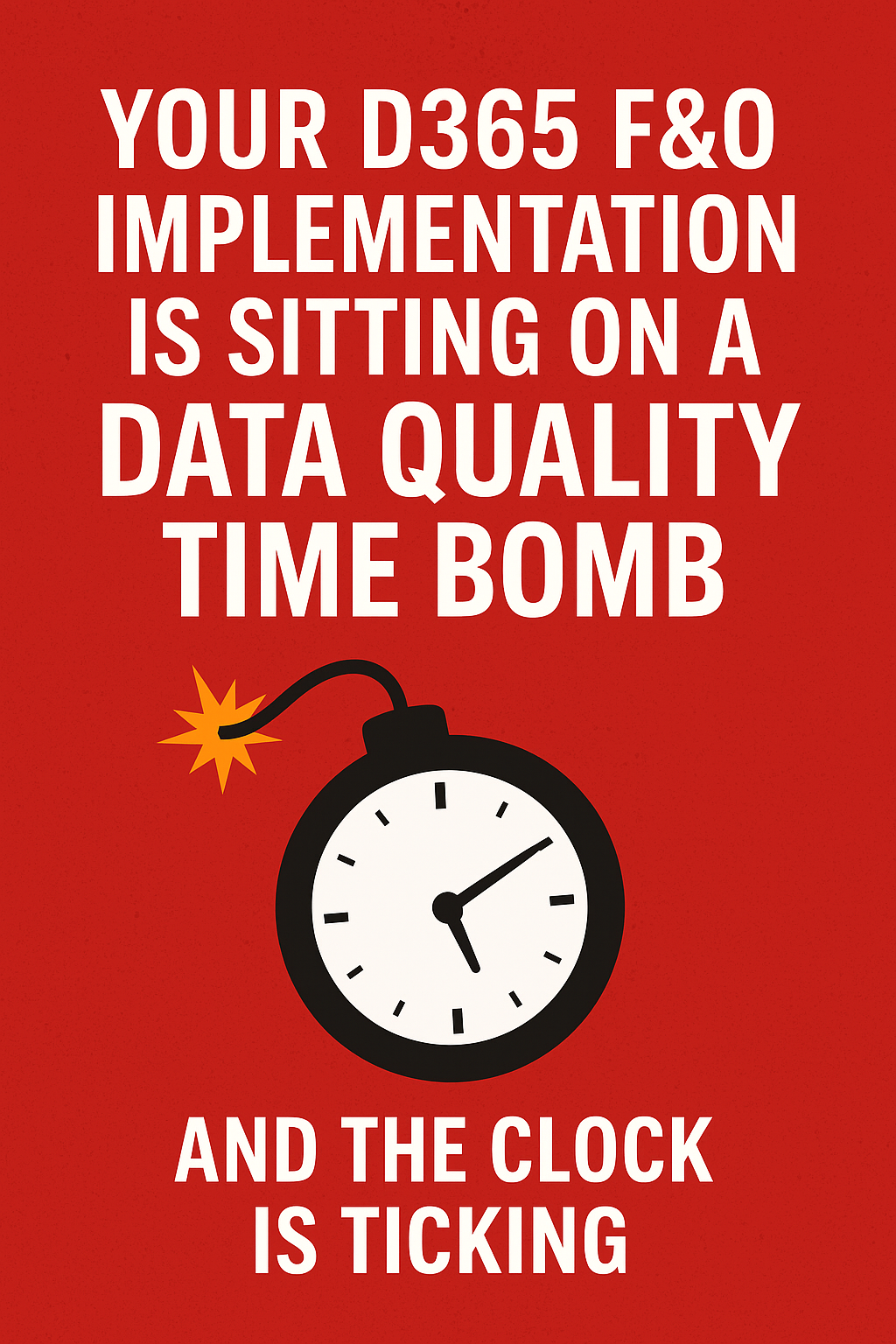ERP Implementation: The Missing Ingredient in Success
ERP Implementation: The Key Element to Achieving Success.
I recently found myself engrossed in yet another white paper, this one promising to reveal the secrets of successful ERP software implementation. As I delved into the document penned by respected ERP experts, I asked: Did I gain any new insights? Did I find any valuable takeaways? The answer, unfortunately, was a resounding no.
Like countless others I’ve read, this white paper echoed the same advice circulating in the ERP community for years. It was reminiscent of the numerous “Top XYZ” lists that claim to hold the keys to ERP project success. Yet, ERP implementations fail alarmingly despite the abundance of advice available with a simple Google search.
So, what constitutes an ERP project failure? If a project fails to meet three fundamental criteria for success, it should be classified as a challenged or failed project. These criteria are:
- On-time delivery
- On-budget delivery
- On-spec delivery
With so much expert advice readily available, why do ERP implementations continue to stumble? In my experience, the advice offered is often academic, rehashing the same guidance that has previously led to significant cost and time overruns and failure to deliver the promised functionality.
When I peruse this advice, I find nothing innovative or practical. Generic, oft-repeated academic guidance is abundant, but there is a shortage of helpful tips you can immediately apply to your project to make a meaningful impact.
Even more frustrating is when this unhelpful advice is hidden behind paywalls, requiring you to shell out hundreds or thousands of dollars. And let’s not forget the consulting and implementation firms that charge exorbitant fees only to lead projects to repetitive failures.
Interestingly, I'm met with enthusiastic agreement whenever I highlight these issues in speaking sessions or during consultations with individual teams. It seems everyone has firsthand or secondhand knowledge of how these projects fail. Yet, no one seems willing to challenge the status quo as the same flawed processes are used repeatedly.
In conclusion, the ERP implementation landscape is in dire need of a shake-up. We must move away from regurgitated academic advice and towards practical, actionable strategies that can drive project success. Only then can we hope to improve the success rate of ERP implementations.
Avoid ERP project failure!With a GYDE365-Discover assessment, you'll r eceive an in-depth analysis report pack that includes:
- Recommended modules based on your company's processes
- Defined list and analysis of your company's requirements
- Gap/fit analysis to Dynamics Business Central and FSCM (easily benchmark to non-Microsoft ERP solutions if desired)
- Implementation project estimates, including timeline, budget, and licensing costs
- RFP/RFI-ready documents
- ...and much more!
Contact us today to learn more!
HandsFree ERP is dedicated to supporting clients with their ERP initiatives, enabling companies to seamlessly connect users with their ERP partners. By utilizing skilled professionals, streamlined processes, and cutting-edge tools, HandsFree ERP significantly boosts the success rates of ERP projects.




